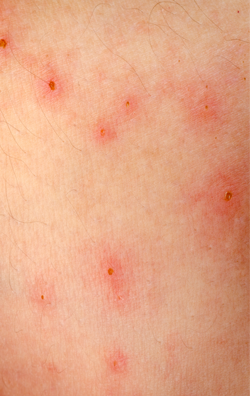
The most common element that acquires a very important place in every body’s life is aluminium. It is seen anywhere and everywhere around us. It’s in the water we drink, the pots we cook in, the pickles we crunch on, and even the foils that are used to keep the foods fresh.It is even found in certain antacids, pain relievers such as buffered aspirin and some over- the – counter medications. It is toxic in large amounts, but only a very small fraction taken into our body is absorbed. Rest all is excreted out.
Linking of Aluminuim with Alzheimer’s:
One of the studies done to find out the link between the two, says that, the brains of certain died Alzheimer’s patients, had high concentrations of aluminium in them. Several other studies also showed that people whose water supply contained high levels of the metal were at greater risk of developing the disease.Another study shows that, kidney patients who were given aluminium rich fluid during dialysis developed a form of dementia, reducing the ability to think similar to that of Alzheimer’s. When the aluminium was removed from the fluid, dementia also passed.
Other studies, however, failed to turn up any evidence the aluminium is harmful, and certainly not at the levels most of us are exposed to daily. As a result, scientists started to question the earlier findings which had been postulated.The aluminium found in the brain tissues of Alzheimer’s patients would have come from laboratory materials that has been used to study the brain. Scientists also speculated, whether the Alzheimer’s was responsible for holding back of the metal by the body. The aluminum was less suspected for this retaining process. No definite answers were found out regarding the above mentioned situation. But, if we are concerned about the metal ourselves, it is better to take some self precautions to avoid further problems.
Self protection:
If medications containing aluminium are to be taken, avoid washing them down with acidic fruit drinks, especially orange juice. The acid can make the aluminium to dissolve, and makes it easier for the body to absorb.Although they probably pose little threat, a crowd of edibles contains aluminium, including savories, beer, cream of tartar (used in wine making), grated cheese, table salts, baking powder, and self rising flours.
They are also found in some processed foods and infant formulas. The presence of aluminium gives them a creamy texture and makes them easy to pour.
Formulas with additives, such as calcium salts and soy protein, usually contains higher concentrations of aluminium. Foods containing calcium citrate supplements increase the body’s aluminium absorption.
Antiperspirants that contain aluminium, especially aerosol varieties that release aluminium into the air should be very well avoided. This creates problems, if inhaled. The aluminium in them, usually creates respiratory problems linked to allergy.To be on the safe side, avoid using antiperspirants directly after shaving, when the skin is most sensitive. Prevent wrapping acidic foods, such as tomatoes or apples, in aluminium foil.The acids can make the aluminium to leach out into the food from the container. Also, substitute stainless steel utensils, pots, and bowls for aluminium ones when cooking acidic dishes.





